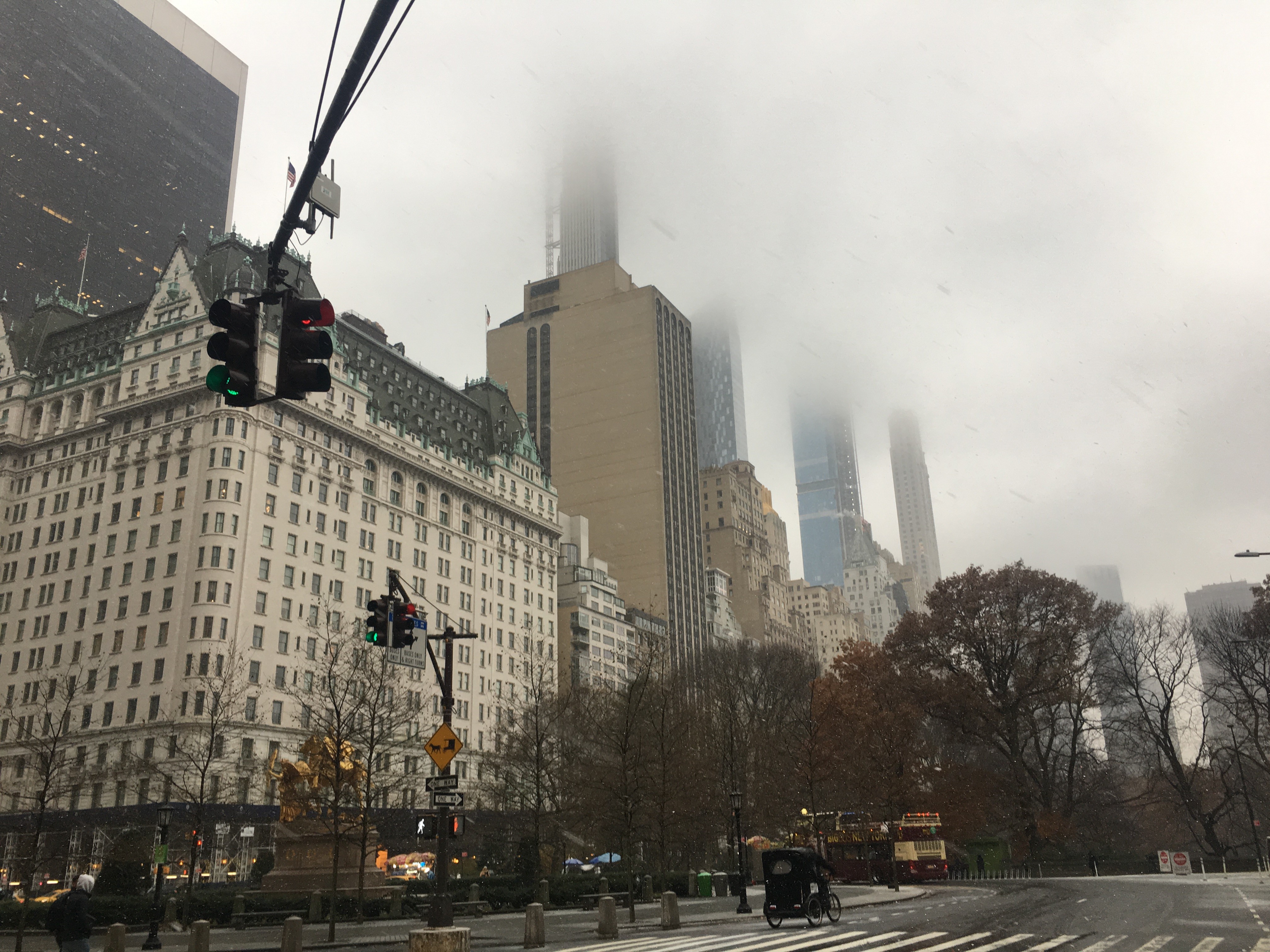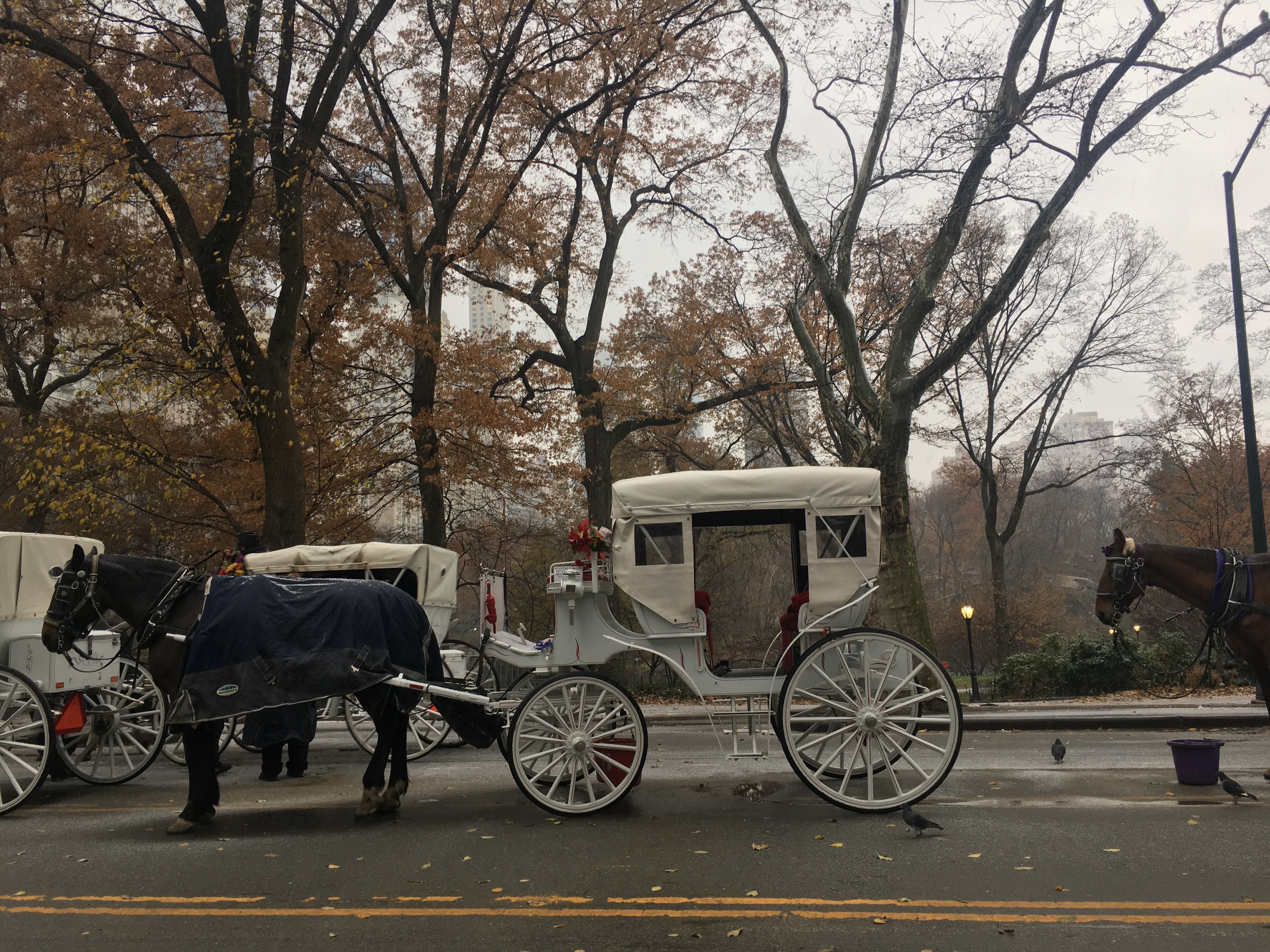
(CHORUS:)“This is superb!
Oh no.
We never had expected …
At least the chorus sounds good.
...such splendid company ...
Well actually this piano part isn't too bad, but that page turn ...
... and dancing …
... I hate that page turn.
... to a band!
So awkward.
Not for years …
So exposed.
... have we seen such a party!
I should've gotten someone to turn pages for me.
Everyone should …
Too late now.
… enjoy it …
I hate these editions.
... while they can!
Why do they always put a page turn right before a solo?
Bravo! Simply delightful!
Well, here it comes.
Bravo! We have never …
Cover it with the pedal and...
... been more surprised!
Whip goes the page across and Oh My God, there's nothing there. Glances from the singers. Quick! Scramble up some bass notes, some harmonies, oh no, what was that, oh no, they're all looking, what am I even playing, disaster, disaster, what happened to my score, please, please come back in, my face is burning, how long is this solo supposed to be, the conductor is frowning, cue them back in, dammit, ah, at long last, what a disaster ...
What a surprise!
Good God.
What delightful dancing!
I'm finished.
This is truly perfection!
I'll never work again.
Bravo, simply delightful!
---
Confused applause followed. I later found out that a friend of mine, who likes a good prank, had removed the crucial page from my score during a rehearsal break, thinking I'd stumble over it in rehearsal and we'd (he'd) have a good laugh. We never did rehearse that section again before the performance. He thought this was even funnier, though he did apologize and help smooth things over with the conductor after.
In case this happens to you, here's what to do (full credit to Noa Kageyama's excellent Peak Performance class at Juilliard, which you can take online now at bulletproofmusician.com):
1. Let it go
Immediately put the disaster behind you. If the disaster is continuous, continue putting each moment of the disaster behind you until it's over.
2. Relax key muscles
No use getting your neck and shoulders involved in the crime scene. Breathe and relax into your fate.
3. Activate your recovery cue
Hopefully you've been practicing for times like these. If you have, you can activate your prechosen recovery cue, such as humming the melody or praying for mercy. If you haven't been practicing for times like these, take a moment to regret that decision.
4. Return to the present
Return from your state of horror and denial to a state of horror and acceptance.
5. Don't be a hero
If you're of a particularly noble disposition you may feel inclined at this point toward some redemptive act of heroism. Though we all love a fourth-quarter comeback, making riskier plays in these situations generally results in a complete meltdown. As my grandmother always says: if you're gonna lose, lose big.

I knew none of these things at the time of that fateful page turn (I was playing piano for the Waltz from Act II Scene I of Tchaikovsky's Eugene Onegin), and while I did finish the piece, I wouldn't call it a successful recovery. And yet there was something—slightly—delightful about it.
When I was in Winnipeg for my undergrad, I studied film for a few years with the great Canadian filmmaker Guy Maddin. Guy always took a particular delight in the moments a mistake was made and captured on camera: the boom mic dips into the top of the frame, a prop is seen from the wrong side, an actor reads his lines from the back of an onscreen easel. It reminded me of watching Penn and Teller show how their magic tricks are done: there was always somehow more magic in the exposed version.
This isn't to say that all accidental revelation is magical. Some accidents are fatal. And there's a different kind of magic to the immaculate veneer of the note-perfect, technique-perfect, perfect-perfect performance, where the plates never stop spinning nor fall down. I remain a firm believer in the idea that the more you free your instrument, the more you will be able to communicate.

Yet there's a certain hubris in thinking that once your voice is completely free you will be able to say the most magical thing. Perhaps your only hope of saying something that transcends yourself is in the moment before you recover, still slightly out of control, when the chaos of the accident introduces something that could be garbage or gold.

The beauty of practice and off-stage experimentation is that you can distill these things and incorporate them without losing your livelihood in the process. As far as I can tell, this is how most magical things come to be. This is how champagne and chocolate chip cookies were invented. This is how folk music emerges. This is even how humankind evolved from simple apes into the magical, accident-prone people we are today.
Thank God we never fully recovered.
Attend a student performance on campus.